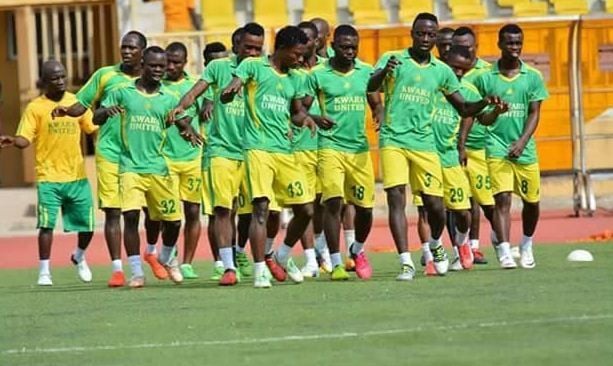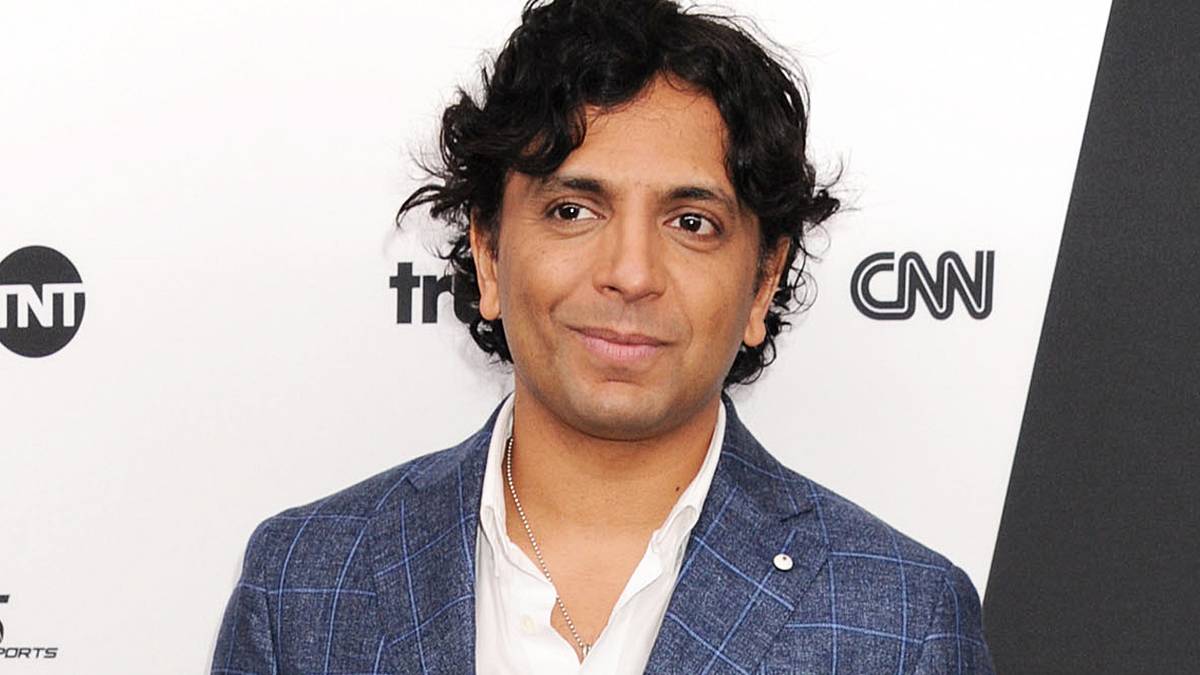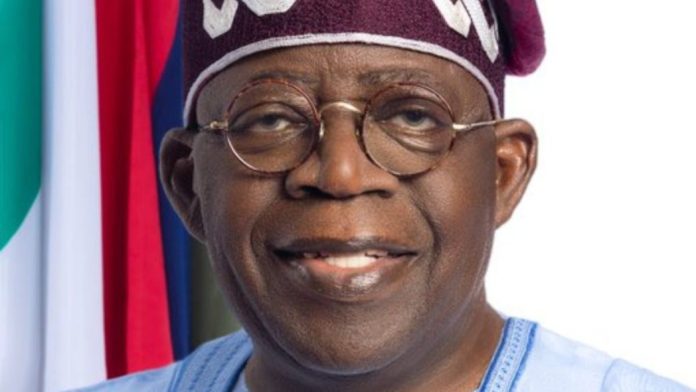Osun State Pulls Back Legal Challenge, Drops Suit Against CBN and AGF Over LG Funds

The Attorney-General (AG) of Osun State has formally filed a notice of withdrawal for a lawsuit he initiated against the Central Bank of Nigeria (CBN) and the Accountant-General of the Federation (AGF). The original suit aimed to prevent the Federal Government from disbursing withheld local government allocations to the “court-sacked” Local Government Chairmen and Councillors who were elected during the administration of former Governor Adegboyega Oyetola.
Musibau Adetumbi (SAN), counsel to the Osun AG, explained on Friday that the primary goal of the suit—to safeguard the allocations—had been rendered moot. He stated that the funds had already been moved out of the CBN by the defendants, despite the case's ongoing status and an existing order for status quo since September 29, 2025. Adetumbi also highlighted that the tenure of the affected Local Government Chairmen and Councillors, elected under the All Progressives Congress (APC), had officially lapsed on October 16, 2025. He argued that any further legal arguments would be an academic exercise, filing the notice of discontinuance pursuant to Order 51 Rule 2 of the Federal High Court Rules.
While the defendants’ counsel—Dr. Muritala Abdulrasheed (SAN) for the CBN and Tajudeen Oladoja (SAN) for the AGF—did not oppose the withdrawal of the suit itself, they strongly objected to the grounds and averments presented in the plaintiff's accompanying affidavit of facts. Dr. Muritala claimed the affidavit contained “damaging depositions” against individuals not party to the suit and suggested that the plaintiff should withdraw the affidavit along with the notice of discontinuance. He further asserted that the grounds for discontinuance were made in bad faith and that the plaintiff incorrectly alleged the 1st defendant had no competent response, given a 12-paragraph counter-affidavit was filed in May. Muritala urged the court to expunge paragraphs 5 to 11 from the affidavit due to inaccuracies and references to non-parties.
Tajudeen Oladoja, representing the AGF, concurred with the plaintiff's right to withdraw the case but vehemently opposed the second ground cited for the application. He argued that the plaintiff was not obliged to state grounds for withdrawal and refuted the claim that the 2nd defendant lacked a competent defense, noting his client had filed an application for an extension of time to file a counter-affidavit on September 8. This application, he added, was stalled by the plaintiff’s subsequent application challenging the court’s jurisdiction and alleging bias. Oladoja requested the court to strike out both ground one and ground two of the discontinuance notice and sought ₦10 million in costs against the plaintiff for bringing the second defendant to court, filing processes, and wasting judicial time.
In response to the defendants' arguments, Adetumbi clarified that a notice of discontinuance filed under Order 50 Rule 2 of the Federal High Court Rules does not incur costs. He contended that the defendants were in default for failing to file their processes within the stipulated time, thereby disqualifying them from seeking costs or the expungement of any grounds from the notice of discontinuance.
After considering the submissions from all counsel, the trial judge, Justice Emeka Nwite, adjourned the proceedings until October 29 to deliver a ruling on the plaintiff’s application for discontinuance, as well as the various applications put forth by the defendants.
Earlier, Justice Nwite had ruled on a request by the CBN and AGF for the dismissal of the case. He determined that the Osun Attorney-General possessed the necessary *locus standi* (legal right) to institute the suit on behalf of the local government authorities. The judge affirmed that the AG, as the state's Chief Law Officer, had the duty and authority to act in the public interest, including the protection of local government allocations. He further concluded that the suit challenging the allocations did not constitute an abuse of court process and that the plaintiff had not acted in a
You may also like...
Bamidele Yusuf's Europa League Fury: Ferencváros Stuns Salzburg 3-2!

Nigerian forward Bamidele Yusuf was the hero for Ferencváros, scoring the decisive goal in a thrilling 3-2 comeback vict...
Kwara United Unveil Suleiman as New Technical Visionary!

Kwara United has officially appointed Ashifat Suleiman as their new technical adviser, a role he previously held on an i...
M. Night Shyamalan's Unexpected Romance Dominates Box Office

The romantic thriller "Remain," co-written by Nicholas Sparks and M. Night Shyamalan, is generating significant buzz fol...
Writers Warn of Cataclysmic Fallout from Warner Bros. Merger

The Writers Guild of America (WGA) has strongly denounced any potential merger involving Warner Bros., calling such cons...
Latin Music Icons Crowned: Unforgettable 2025 Billboard Awards Gala

The 2025 Billboard Latin Music Awards celebrated Latin music's finest, with Bad Bunny named Top Latin Artist of the 21st...
Zimbabwe's Economic Spotlight: Real Estate's Lowest Wage Revealed at $305

Employees in Zimbabwe's Real Estate, Distribution, and Clearing sub-sectors will see a significant pay rise, with the lo...
Intel's Grand Comeback: Foundry Business Takes Center Stage Amid Recovery

Intel reported strong third-quarter earnings, exceeding expectations with a $4.1 billion net income driven by increased ...
SA Firm Forges Ahead to Launch Africa's Groundbreaking Listed Bitcoin Treasury Company!

Africa Bitcoin Corporation, formerly Altvest Capital, is raising $210 million to establish Africa's first listed Bitcoin...



